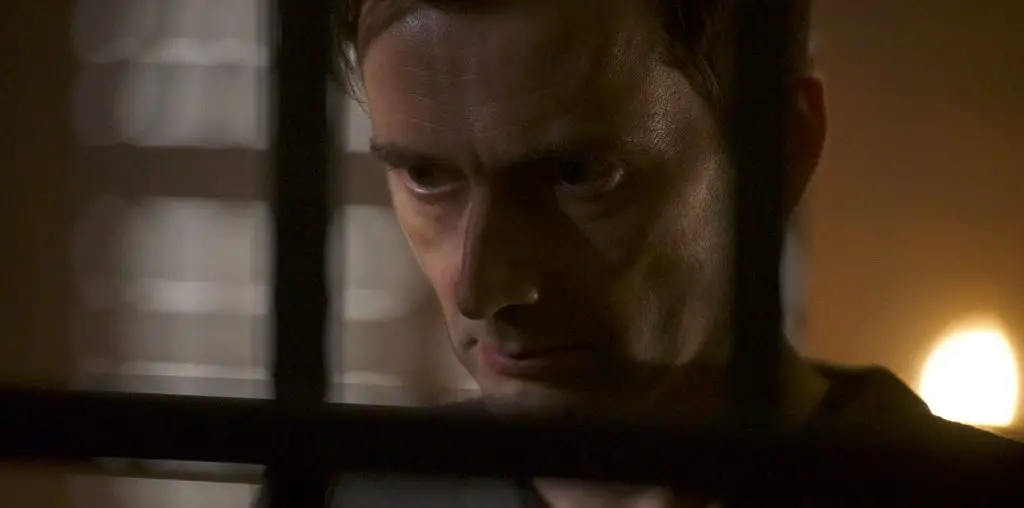
Marek Kanievska’s 1984 film version of Julian Mitchell’s award-winning play is loosely inspired by the early life of Guy Burgess, the British double agent who defected to the Soviet Union. In this production, central character Guy Bennett is an upper classman at an exclusive British boys’ school in 1932 England.
Burgess and his friend Tommy Judd share a common bond as outsiders in this posh environment: Burgess is gay while Judd is a committed Marxist. Burgess runs afoul of the school’s rigid social codes when a military-obsessed classmate intercepts a love letter that he writes to a younger student – the romantic missive is used for blackmail purposes, with predictably disastrous results. Meanwhile, Judd finds his political obsessions at odd with the ossified class system that governs both the school and the wider British society, and their alienation ultimately leads to a significant betrayal of their country once they enter the adult world.
Although the film’s glossy production values mirrors the style of the Merchant-Ivory films that were popular during this period, its gritty and emotional power offers a distinctive level of visceral energy through its harsh denunciation of hypocrisy and the abuse of privilege. When first released, “Another Country” created a sensation for its frank and unapologetic consideration of homosexuality – no American film of the era was willing to tackle the subject with this production’s depth of passion or maturity.
And while the film is mostly remembered for the star-making performance of the uncommonly handsome Rupert Everett as Burgess, the real surprises for today’s viewers are the wonderfully low-key performances by two then-unknowns at the start of their careers: Colin Firth as the Marxist Judd and Cary Elwes as the blonde object of Burgess’ affection.
